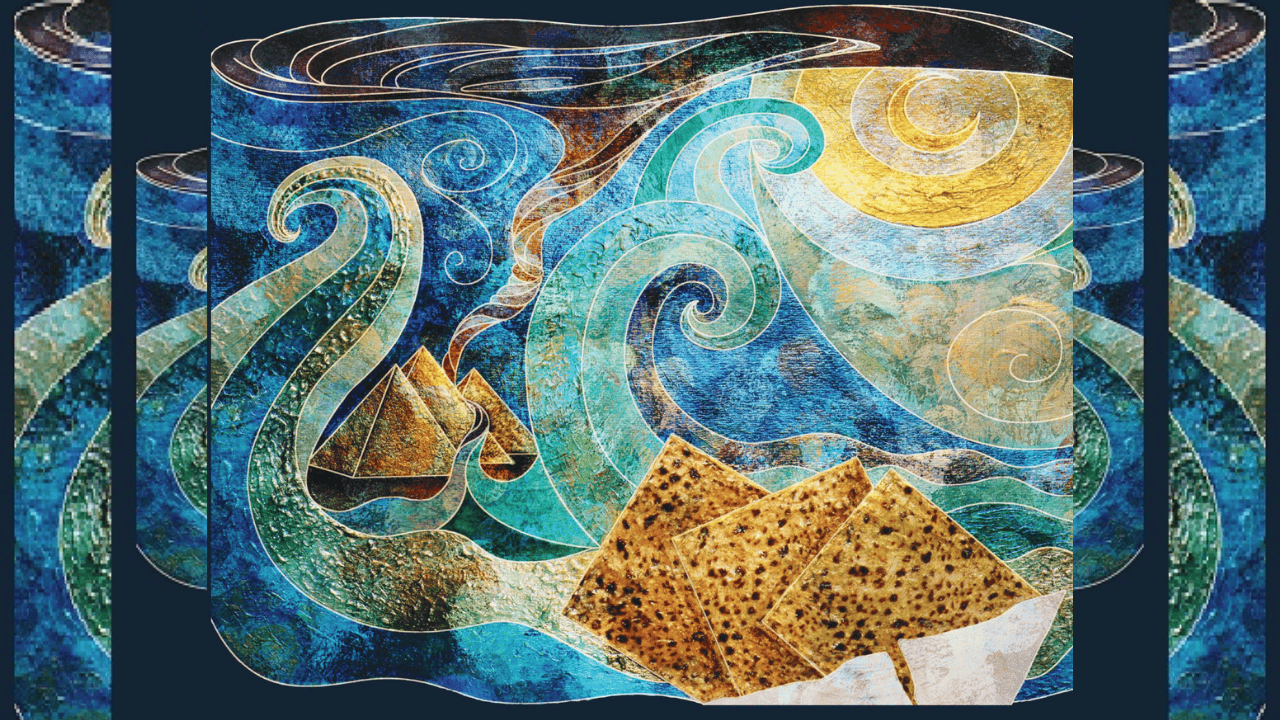God’s Covenant
“And I will remember My covenant [with] Jacob, and also My covenant [with] Isaac, and also My covenant [with] Abraham I will remember. And I will remember the Land” (Leviticus 26:42).
In this verse, which comes after the possible “curses” in this portion, the name Yaakov is written with an extra letter vav. While elaborating upon the causes and effects of the Jewish people following God’s commandments, or not, the Torah states that if the laws and statutes of the Torah are not guarded then the Jewish people will be exiled from Eretz Yisrael. However, if they do teshuvah and admit their sins, Hashem will remember for their sake the covenant He made with Avraham, Yitzchak and Yaakov to give Eretz Yisrael to the Jewish people. Rashi explains that the name Yaakov, is written in full, with a vav, in five places in the Tanach, and the name Eliyahu is written missing a vav in five places. Yaakov in a sense “took” the letter vav from the name of Eliyahu as “collateral” that he will return and assure the redemption of Yaakov’s children.
The Ba’al HaTurim in Parshat Pinchas elaborates even further that it is known that “Pinchas is Eliyahu,” and we know that Eliyahu will be the one to announce the coming of Mashiach. In the blessing of God to Pinchas for acting with zeal to stop a desecration of God’s name, he is blessed with the covenant of peace, שלום. The word shalom is written here in a very unusual way, with the vav cut in half, and is thus read as שלים, or, as the Sages state, it is now read shalem – שלם – as, for all practical purposes, the vav was taken away. Paradoxically shalem means “whole.” Also, in the Book of Malachi (3:23), Eliyahu is written with a missing vav and thus pronounced Eliyah, אליה . Where did the vavs go in these verses? The Ba’al HaTurim explains like Rashi that Yaakov took that vav from Pinchas and the vav from Eliyahu as collateral, stating: I will only let you have the wholeness of your blessing of peace and your name when you ensure that my offspring receive their promise given through me that the Jewish people with be given Eretz Yisrael and that it will be in its state of fullness when Mashiach comes. The Ba’al HaTurim explains that this is the meaning in the verse in Tehillim (14:7): “O that the salvation of Israel would come out of Tzion; when Hashem returns the captivity of His people, Yaakov shall rejoice, Yisrael shall be glad.”
When will Yaakov rejoice? When Mashiach comes. This is alluded to in the above verse, as the word “rejoice,” ישמח, is comprised of the same letters as משיח, Mashiach. Yaakov will rejoice when Eliyahu announces the coming of Mashiach. Yaakov will then return the collateral vav, and the name of Eliyahu will be complete. This is alluded to in the word שלום, “completeness,” which has the gematria of the phrase, “this is Mashiach,” ( זהו משיח). Parenthetically, Yaakov is written full only once in the Torah and another four times, all in the Book of Yirmiyahu. In all the places where Yaakov’s name is written with this extra vav in Yirmiyahu, the text is elaborating upon the prophecy of God redeeming the Jews.







